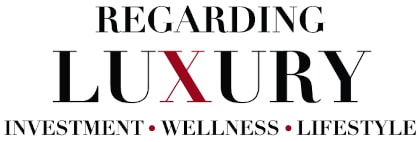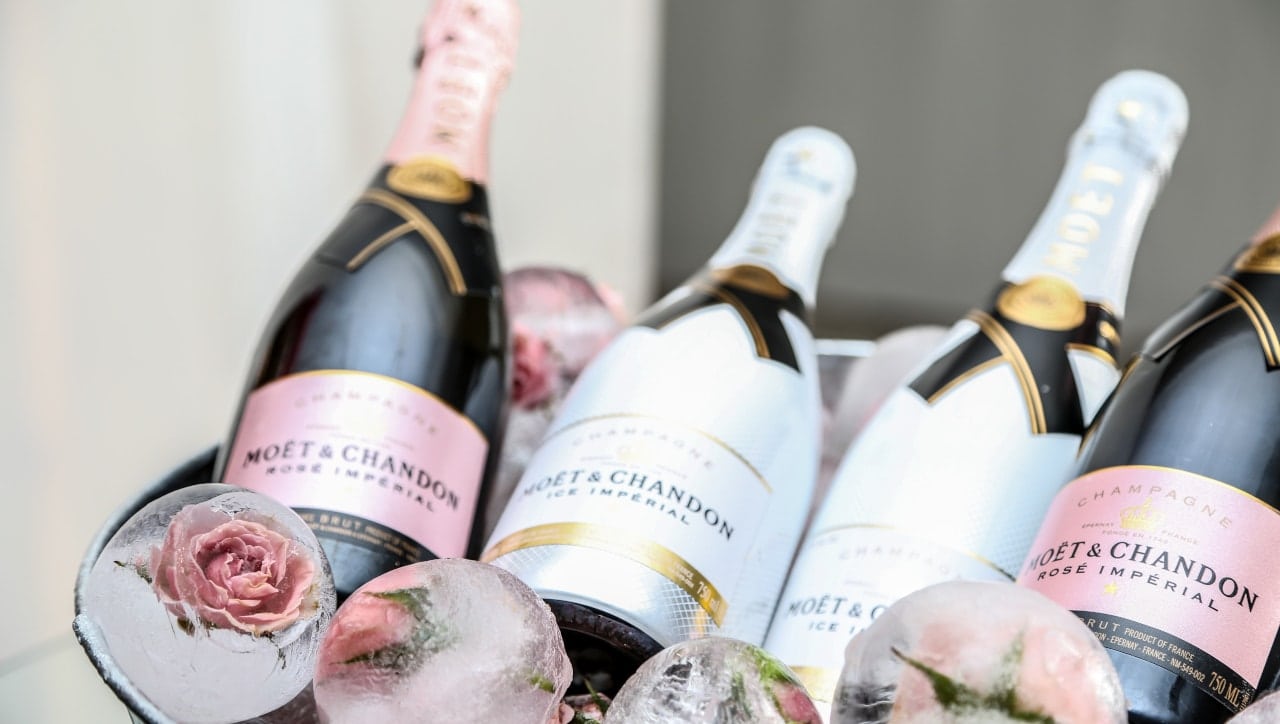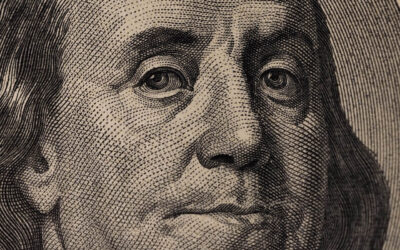Champagne, a northern region of France (about 75 miles east of Paris), gives its name to the most iconic family of sparkling wines in the world. It is possible to find bottles labelled as “champagne” from other countries. But the protection given by the Appellation d’Origine Controlée (AOC) is well-established worldwide.
Related: There are big bucks in those bottles of premium wine
Is champagne a luxury – or a smart financial investment? The popping sound of an uncorked bottle of “bubbly” and the cascading foam that follows are synonymous with celebrations and special occasions. And with the year’s end holidays just around the corner, lots of enthusiasts ice their favorite bottles with anticipation. But wait! Before opening the bottle, have a good look at it. Does that champagne hold value? Wine lovers are increasingly recognising the value of investing in champagne. From an investment perspective, it might be better to delay the drinking. Keep it in storage for a few more years and it may offer a unique investing opportunity.
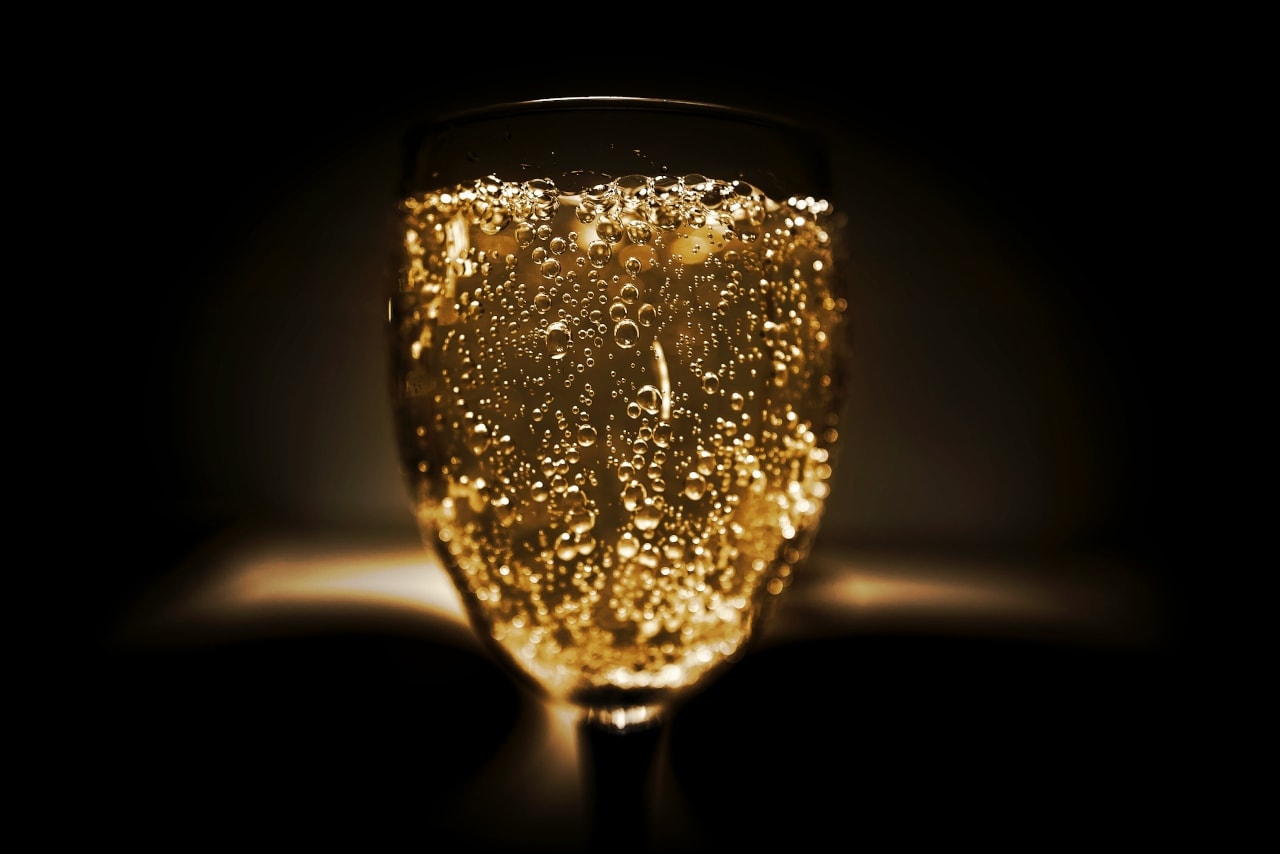
Photo by Joonas kääriäinen from Pexels
Champagne has been growing in popularity as an alternative investment, mostly for diversification and capital protection. There are many reasons for this. But the main one is its ability to preserve its value. And that’s even during times of economic downturn. Over the last decade, champagne investors have enjoyed a steady upper trend while drinking (occasionally) a glass of their favorite carbonated libation.
Demand in Asia and U.S. markets grows steadily
As an example, the Champagne 50 Index by Liv-ex (the leading exchange for investment wine) had a 5-year return of 54.39% at the end of October, 2021. This is only behind their Burgundian wines index. And it’s well ahead of their Bordeaux and other international wine indexes.
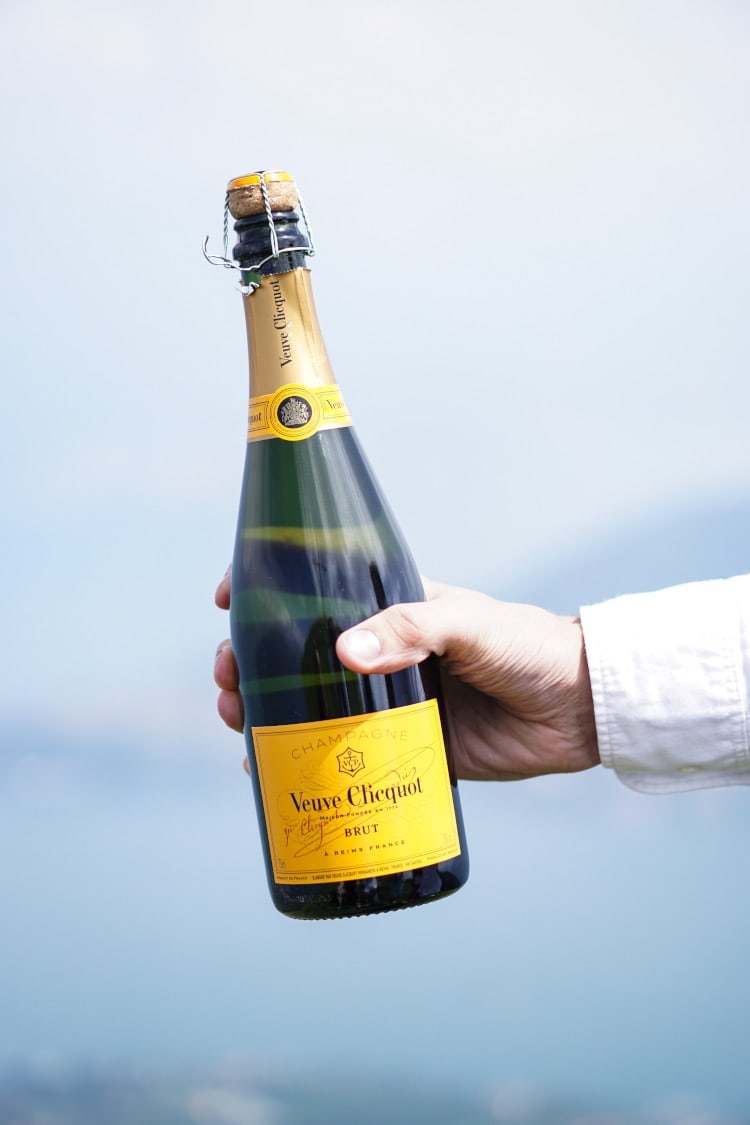
Photo by Anna Guerrero from Pexels
The whole wine category has grown in acceptance with investors. There are three reasons that explain the increased popularity of champagne in the last 20 years. First, the demand in both Asia and the USA markets has grown steadily, outpacing supply and pushing prices up. Second, champagne producers have invested resources in improving the quality of their product.
This has helped to position the drink beyond a mere celebratory staple. It makes it more common as a regular treat to be enjoyed in its own right. Third, there is a growing demand for single vineyard producers (smaller batches). That’s in addition to the traditional major brands. So this results in increased variety, as each grower adds some distinctiveness to their prized creations.
$2 billion bottle of champagne
Most champagne is moderately priced, but there are some brands and vintages that can rival the most expensive wines in the world. For example, a single bottle of Goût de Diamants can sell for over $2 million USD. And some presentations by Armand de Brignac are in the six-figure universe.
However, investment attractiveness is not necessarily tied to price. The main drivers of value are age, scarcity, and brand recognition. A common strategy among investors when buying champagne is to choose a relatively younger vintage from a well-established brand. In turn that will increase in value as the available volume decreases over time.
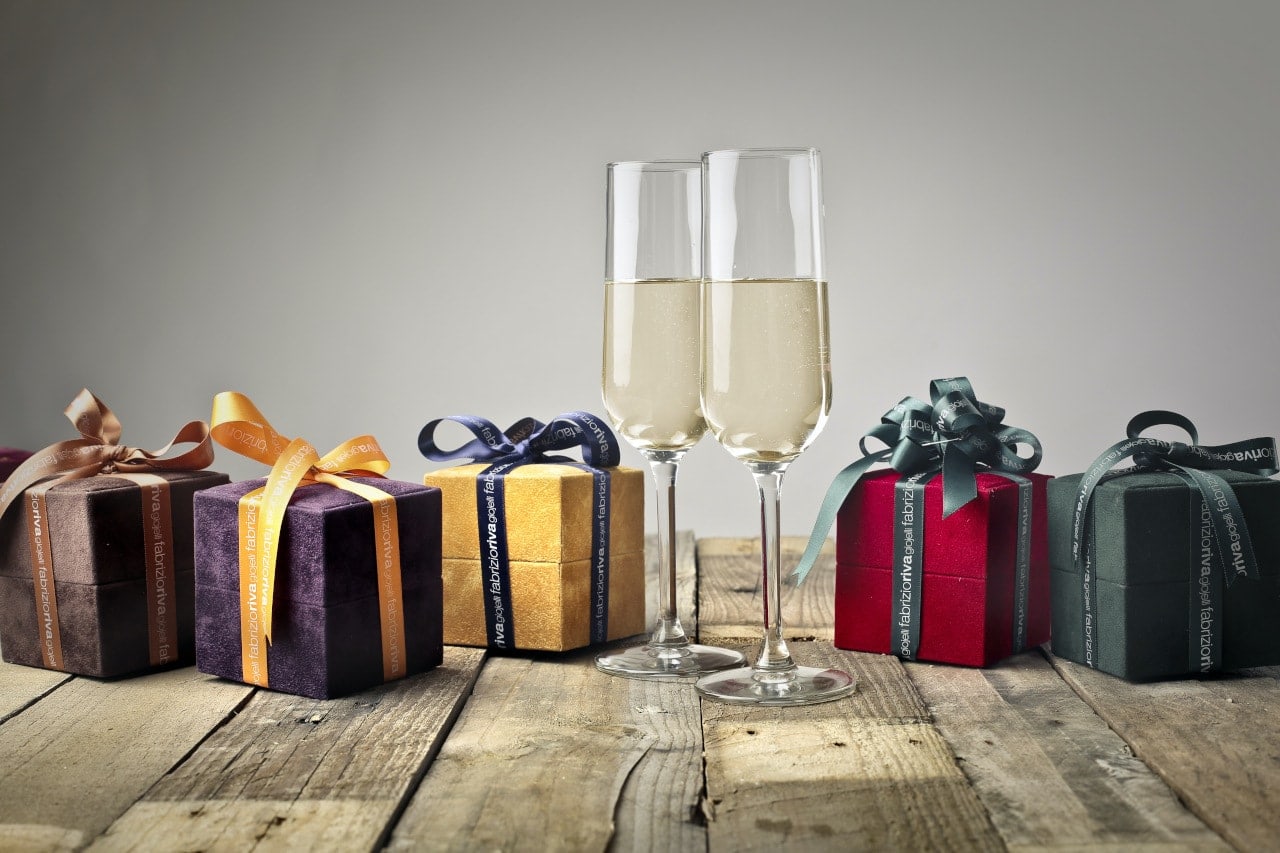
Photo by Andrea Piacquadio from Pexels
Historically, the best champagne vintages, for both the connoisseur and the investor, are from Dom Perignon (Moët & Chandon), Sir Winston Churchill (Pol Roger), Mesnil (Salon), Cristal (Louis Roeder), and some vintages of Krug. Other investment-grade houses include Bollinger, Taittinger, Philipponnat, and Ruinart.
As with any wine, the year of production is a difference-maker between a premium vintage and a regular one. We recommend research and expert advice in order to recognize champagne values and make the best selection.
Seek out a professional storage service
As with all wine investing, there are several options for trade participation such as Cult Wines and Vinovest. Storage is critical for champagne to retain its quality, so a professional storage service is also advisable, unless the buyer has an appropriate wine cellar.
Investing in champagne could be a lucrative and interesting way to protect your capital and let it grow. Holidays and champagne have gone hand in hand for decades and, under the current restrictive conditions, they might become even tighter partners. However, an investor willing to delay enjoyment for the sake of higher returns, can end up with more reasons to celebrate in the long run.
TOP IMAGE: PEXELS
Legal Disclaimer: the contents of this article are for information purposes only and are not intended to provide any form of financial or investment advice.

A business professional turned writer, Ricardo has a passion for presenting complex ideas in a reader-friendly way. He has worked for blue chip corporations in Canada, ran a restaurant franchise in Venezuela and developed a papaya farm in the tropical jungles of southern Mexico.
His education includes an MBA, specialized financial training, and a variety of professional writing courses from the University of Toronto. He has published personal finance articles in both English and Spanish.
Ricardo lives in Toronto with his wife and daughter.
